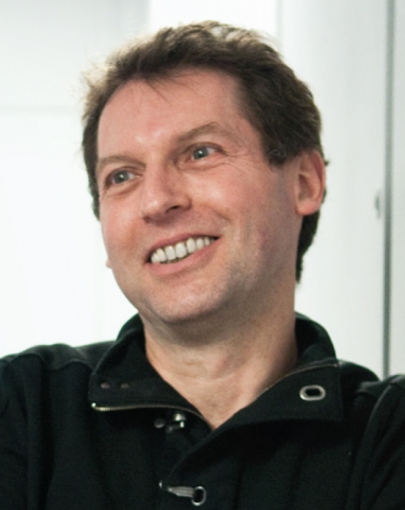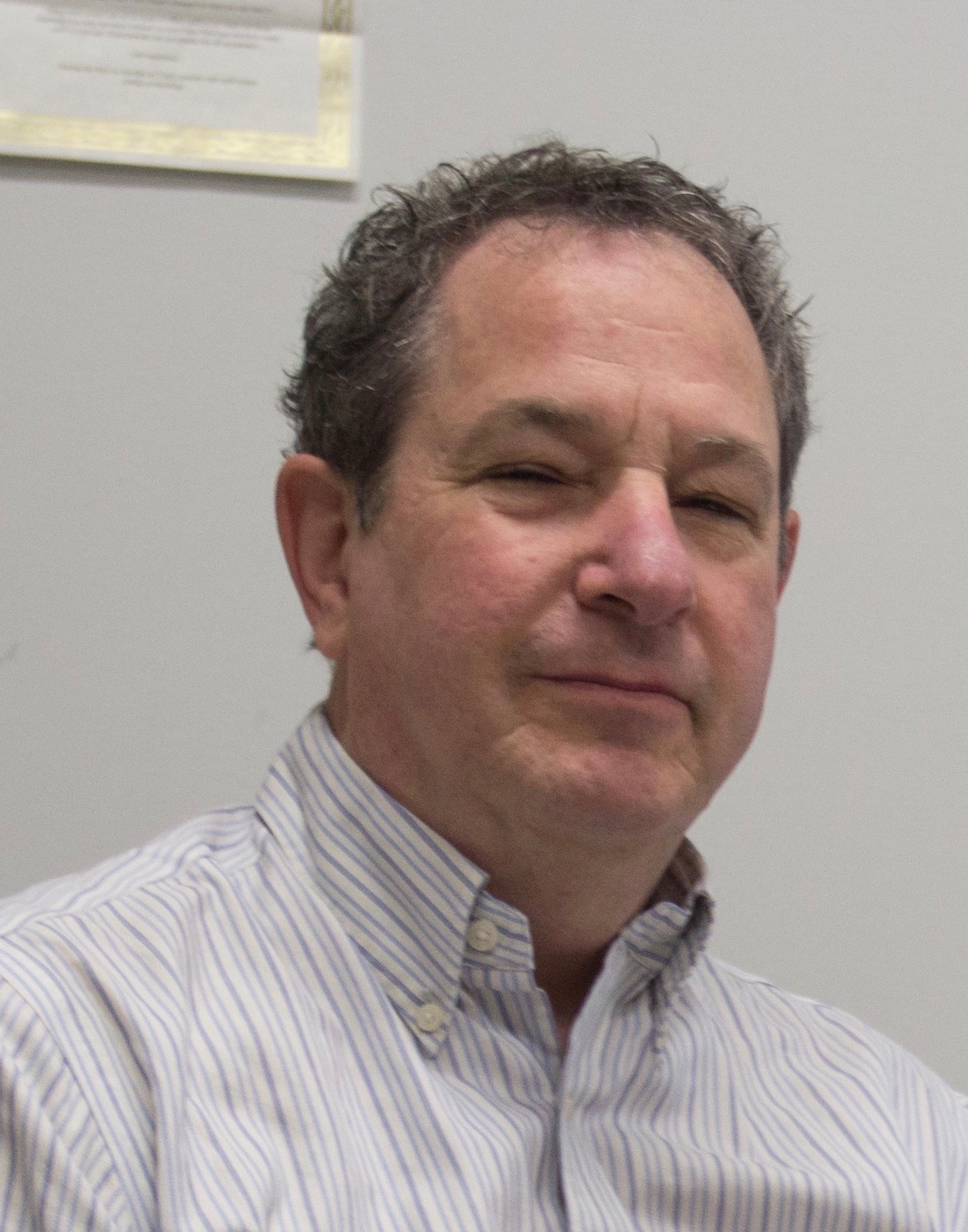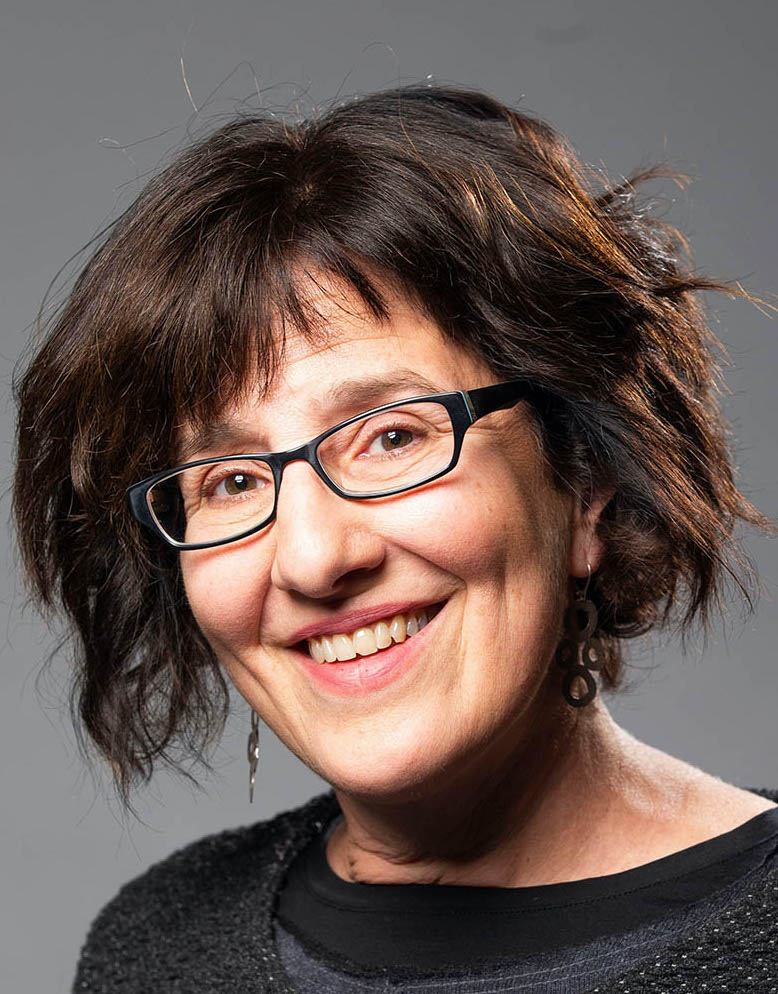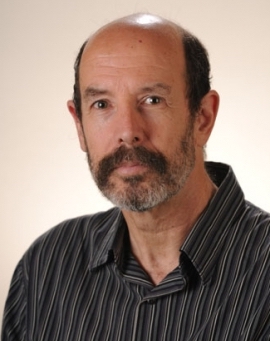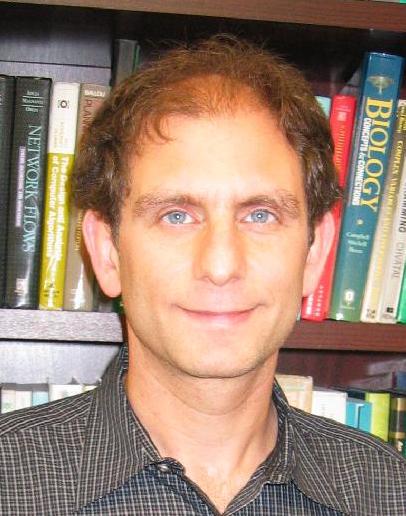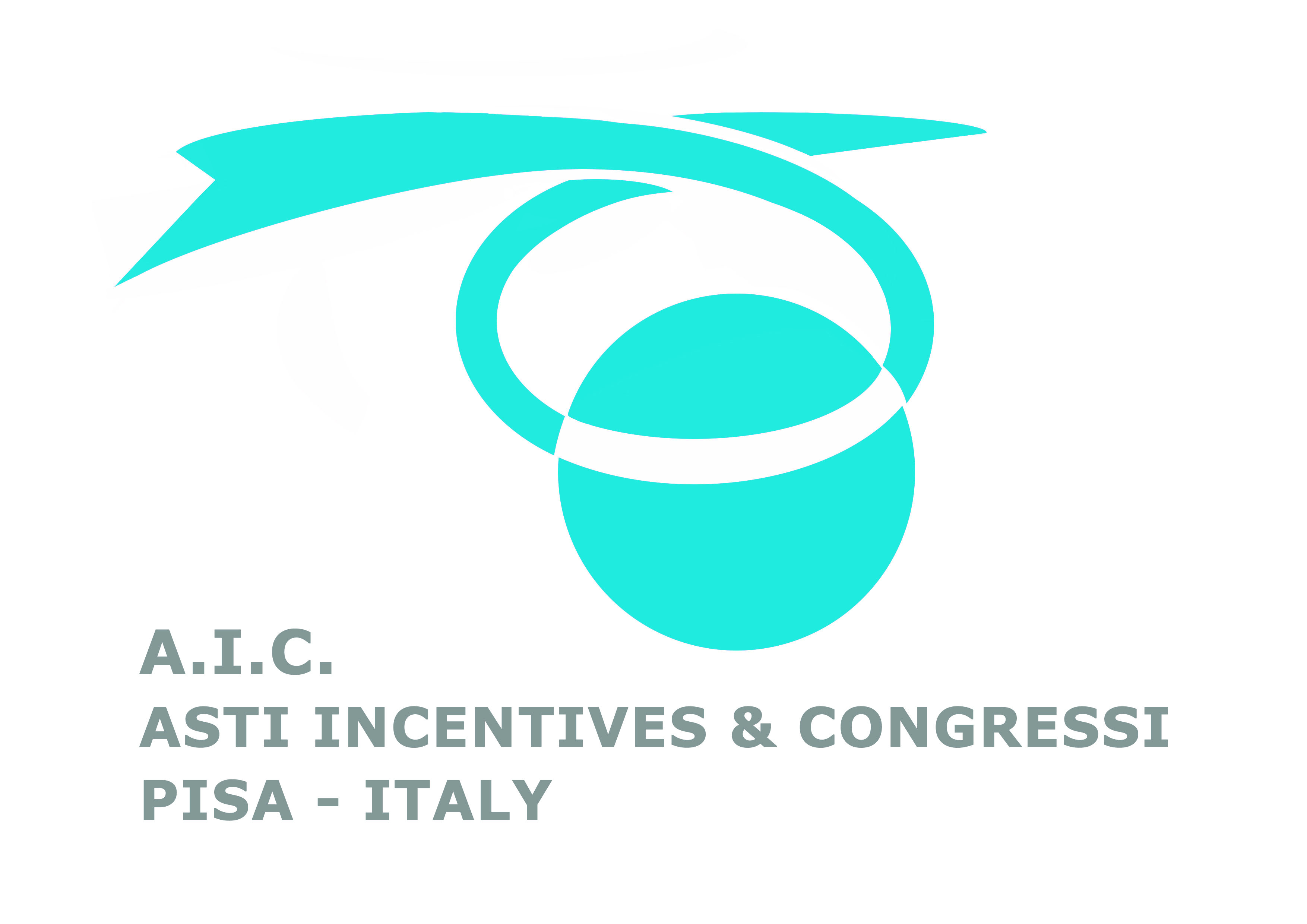The Organization Committee (OC) and the Chairs of ALGO 2020 decided to run all the conferences online in a virtual way.
Welcome to ALGO 2020
ALGO is an annual meeting combining the premier algorithmic conference European Symposium on Algorithms (ESA) and a number of other specialized conferences and workshops, all related to algorithms and their applications, making ALGO the major European event for researchers, students and practitioners in algorithms.
ALGO 2020 was meant to be held in Pisa, in Tuscany, and organized by the Computer Science Department of the University of Pisa, Italy. The town hosts the University of Pisa, which has a history going back to the 12th century. Leonardo Fibonacci and Galileo Galilei are among the prominent scientists who were born in Pisa.
Among the most important monuments of the city is the famous Piazza del Duomo, also called Piazza dei Miracoli (Miracles Square), declared World Heritage Site, with the Cathedral built between 1063 and 1118 in Pisan Romanesque style and the Leaning Tower, a bell tower of the twelfth century, today one of the most famous Italian monuments in the world because of its characteristic inclination. Pisa has 20 other historic churches, several medieval palaces and various bridges across the Arno river.
We combat harassment and discrimination in our scientific community, adopting a code of conduct for ther ALGO conferences.
Important Online Events
Please refer to the PC Chairs for the missing details.ALGOCLOUD 2020: International Symposium on Algorithmic Aspects of Cloud Computing,Sept. 9-10, 2020. Chairs: Guillaume Pierre, Kostas Tsichlas.- ALGOSENSORS 2020: International Symposium on Algorithms and Experiments for Wireless Sensor Networks, Sept. 9-10, 2020. Chairs: Amitabha Bagchi, Alfredo Navarra, Maria Cristina Pinotti.
- ATMOS 2020: International Symposium on Algorithmic Approaches for Transportation Modelling, Optimization, and Systems, Sept. 7-8, 2020. Chairs: Dennis Huisman, Christos Zaroliagis.
- ESA 2020: European Symposium on Algorithms, Sept. 7-9, 2020. Chairs: Fabrizio Grandoni (track A), Peter Sanders (track B).
- WABI 2020: Workshop on Algorithms in BIoinformatics, Sept. 7-9, 2020. Chairs: Carl Kingsford, Nadia Pisanti.
- WAOA 2020: Workshop on Approximation and Online Algorithms, Sept. 9-10, 2020. Chairs: Christos Kaklamanis, Asaf Levin.

